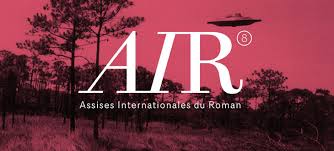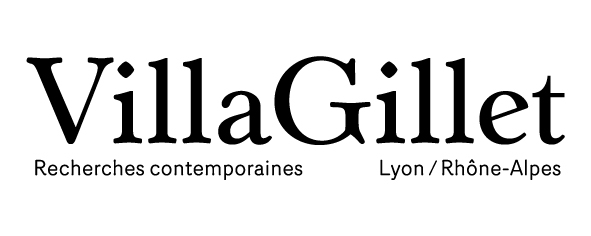Mariquita (James Cañón)
Language, an ever-evolving process, varies from culture to culture and place to place. In Spanish, the word “mariquita” can mean many different things depending on the country or region. In most of South America, a mariquita is a ladybug; in the Caribbean, it’s a saltwater fish; and in Argentina, it’s a folk dance. Puerto Ricans use the term to identify a rare blackbird with yellow wings, and Costa Ricans give that name to a tree that’s indigenous to their country. In Colombia, Mariquita is a town in the department of Tolima, near where I grew up. But, without exception, in the entire Spanish-speaking world, “mariquita” is an offensive, derogatory term for “homosexual.”
As a writer, my biggest concern is tolerance. I grew up in a country with a long history of bigotry and fanaticism, which has translated into decades of civil war, marginalization of native Indians and the peasantry, discrimination against women, repression of gays and lesbians, and violations of all sorts of human rights.
When I first set out to write The Other Widow, a short love story set in rural Colombia, I needed a name for the village where it would take place. As many other stories do, The Other Widow deals with the uncharted, mysterious ways of the human heart — but the two lovers in it just happen to be boys. So I decided that, as a paradox, the prejudiced village where the story would take place would be called Mariquita, literally, “little faggot.” The Other Widow turned out to be the seed of my first novel, Tales from the Town of Widows, and Mariquita soon became synonymous with isolation and chaos, a town of widows where all but three men had been press-ganged into fighting in the civil war by guerrilla groups. For sixteen years, this group of ordinary women is caught up in a struggle to survive; to overcome their grief, fear, ignorance and passivity and build a new society of their own on the patriarchal rubble of the old. Ultimately, they create a new way of life based on a female perspective of what is right and good: peace, equality and respect for each individual within the larger, all-important community.
Mariquita, the village, proves to be a vivid setting in which human nature is revealed and culture reinvented. Mariquita, the word, becomes synonymous with freedom, harmony, compromise and progress. Language has continued its ever-evolving process. This time, however, all the manings are positive and, most importantly, universal.
Pour citer cette ressource :
James Cañón, Mariquita (James Cañón), La Clé des Langues [en ligne], Lyon, ENS de LYON/DGESCO (ISSN 2107-7029), juin 2014. Consulté le 25/01/2026. URL: https://cle.ens-lyon.fr/anglais/litterature/entretiens-et-textes-inedits/mariquita-james-canon-



 Activer le mode zen
Activer le mode zen

